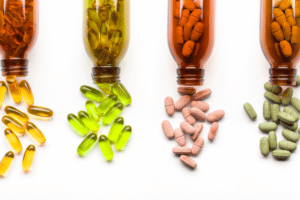Every year, we celebrate Earth Day. This day is an opportunity for us to take a moment to appreciate this beautiful planet we call home. Earth day also gives us the chance to reflect on how our choices have impacted the world around us. Being one human on a planet full of billions of people can make the idea that one person can change the world difficult to believe. It seems so impossible that we are capable of making a difference. However, small changes add up over time to make a big difference. Because this idea has caught on, people are more focused now than ever on making better choices. As people look to more sustainable choices, businesses must also think about how they affect the planet. One of the ways this happens is via transitioning to items such as sustainable supplement bottles.
What is a sustainable supplement bottle?

Simply put, sustainable means something can be done over a long period while being good for the environment. This requires something to be assessed throughout its entire life cycle from creation to complete breakdown. If an item can be created with minimal environmental impact and can naturally break down without harming the environment, it is sustainable. Most supplement bottles end up in landfills and as litter on the ground or in our oceans, so businesses must put time and resources into creating sustainable supplement bottles.
Why do sustainable supplement bottles matter?
As companies tend to focus on more plastic-free solutions and other eco-friendly tactics for meeting consumer trends, no aspect of plastic use can be ignored. People focus on plastic bags and water bottles. However, supplement bottles get discarded just as often as water bottles with today’s push toward supplements to optimize health and wellness. If for some reason you haven’t given thought to why sustainable supplement bottles matter, let’s look at some.
Keeping the planet healthy
Our planet will not survive if we do not do more to live sustainably. This is not a possibility. This is a fact! Only 9% of all plastic produced is recycled. Every minute, a garbage truck’s worth of plastic is dumped into our oceans. By the year 2050, plastic could outweigh fish in the oceans. These statistics are not great unless the goal is to make the planet uninhabitable. To reduce its impact, switching to sustainable supplement bottles and other sustainable packaging is a must.
Consumer trends point toward eco-consciousness.
Plastic pollution has become an ever-increasing area of discussion. As this continues to happen, people become more thoughtful about where they put their money. People want a quality product that is eco-friendly and sustainable. Consumers make efforts to be more environmentally conscious by increasing recycling efforts, reusing as much as they can, composting, and engaging in other sustainability practices. For companies to stay in business, they will need to cater to these consumers. How do they do this? They do this by making the switch to sustainable supplement bottles and other sustainable packaging.
Companies can educate their customers.
The benefits companies get when embracing sustainable practices is they can educate their audience and customers. Most companies have a blog page on their site to write about how their product solves a problem. When companies embrace sustainable packaging, they can write about the plastic pollution crisis and how customers can be more environmentally friendly. Companies can also do this while talking about why their product is a better choice for reducing said pollution problems.
Biodegradable vs Compostable vs Recyclable
Sustainable supplement bottles and other packaging are so important because no matter what, they will eventually end up in the environment. What we want to do is mitigate the damage that will occur when this happens. Sustainable packaging is meant to bio-assimilate in any environment. When it comes to sustainable packaging, there are many options available. The big terms you need to understand are biodegradable, compostable, and recyclable. There are subtle nuances that differentiate these types of sustainable packaging. Let’s explore those differences so you can choose the best packaging for you.
Biodegradable
Biodegradable means a material is capable of breaking down naturally without causing any harm to the environment or anything in the environment. When something is labeled biodegradable, it will degrade into natural elements such as carbon dioxide. This is a result of the breakdown of materials by microorganisms, light exposure, and other biological processes. To be fair, virtually everything is biodegradable, but time and impact are what matter here. Most plastics made today take hundreds to thousands of years to degrade, causing immense damage to the ecosystem it degrades in. Furthermore, the microplastics that remain will continue to cause damage for much longer.
Biodegradable tends to come with caveats. For example, there is not much oversight for labeling things as “biodegradable.” Furthermore, many so-called biodegradable items such as certain plastic bags require specific conditions to degrade, which can be unpredictable in a naturally occurring environment. Because of this, some biodegradable products can do just as much harm as good if they are unable to bio-assimilate due to unfavorable conditions. Most sustainable supplement bottles you would find on the market are classified as biodegradable or recyclable. This is based on the materials used to make the products.
Compostable
If something is compostable, it will break down either in a composting facility or a homemade composting system. Paper and wood products do well in compost, as does food waste. However, you should be careful to not mix and match your compost with your recyclables. If you put compostables into a recycling bin, you can contaminate the recycling process.
Composting is the process of microbial organisms converting organic material into nutrient-rich soil material. This new material bio-assimilates into the earth. The environment uses said materials to fertilize plants or feed microorganisms like bacteria and fungi. Fun fact: all compostable items are biodegradable, but not all biodegradable items are compostable.
What makes compostable products so cool is the timetable. Most compostable products will degrade within several months compared to the years it can take biodegradable materials to degrade. The trade-off is durability. Compostable materials like paper are usually far less durable than biodegradable materials like bioplastics. Because of this, sustainable supplement bottles would be unlikely to ever be compostable. The durability of the packaging as well as the stability of the shelf-life would both come into question here.
Recyclable
Recycling is the process of taking a material and breaking it down and converting it into new material. Items like water bottles, supplement bottles, plastic bags, glass jars, etc. are all recyclable. Recycling helps to conserve resources and keep waste out of landfills and our oceans. Recycling rules will depend on your city/state. When recycling, making sure you put the correct items in the correct bins matters. Any crossover of items into improper bins can lead to contamination during the recycling process. This is because different types of plastics and different types of items go through different processes to be converted into new materials.
The biggest con of recycling is the time it takes. Some materials often take hundreds of years to degrade when not recycled. For example, plastics can take up to 450 years or more to break down. Therefore, a sustainable supplement bottle is necessary when recycling does not occur.
What do we do?
Whether you choose biodegradable, compostable, or recyclable material for products, they are all better than single-use plastics. If your supplement packaging is not sustainable, each is worth looking into. Here is what you can do to make sure the products you buy are as eco-friendly as possible.
- Find reusable bottles or glass jars as often as possible. Reusable containers prevent more single-use plastics from being necessary.
- Buy paper and cardboard products. These products break down naturally, so are a great eco-friendly choice.
- Research biodegradable plastics. Few plastics are truly biodegradable, but one company is working to revolutionize the plastic industry. BioBottles has a proprietary blend called Plastic IQ Technology. This Plastic IQ Technology allows plastics to be broken down in nature when exposed to UV light, water, and microorganisms. Plastic IQ Technology also ensures little to no microplastics remain after the bio-assimilation is complete. Furthermore, BioBottles plastic breaks down significantly faster than regular plastic and has a stable shelf life. If you as a consumer or a company want to make an eco-friendly plastic choice, BioBottles is the one to choose.
The Takeaway
Do your research. Explore your options. It is time-consuming, but at the end of the day, our choices determine our futures. Make the choices that will make a positive impact on tomorrow. If the company you are loyal to does not have a sustainable supplement bottle or biodegradable plastic, point them in the direction of companies such as BioBottles and implore them to do better. When consumers demand change, companies will follow. Let’s make sure future generations do not suffer from our choices. We still have time to make positive and meaningful changes. So, let’s get to it and protect this planet we all call home!

